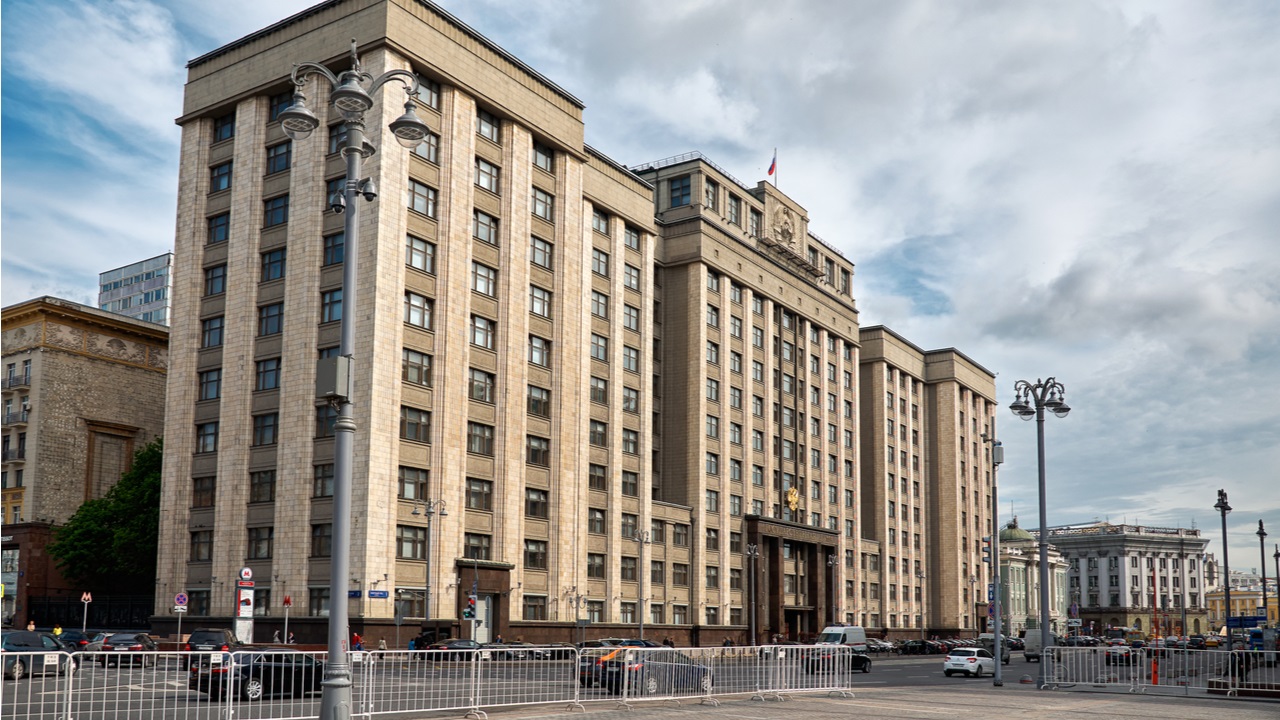
A bill updating Russia’s tax law to incorporate provisions pertaining to cryptocurrencies has been filed with the State Duma, the lower house of parliament. The legislation is tailored to regulate the taxation of sales and profits in the country’s market for digital assets.
Russian Deputies Review Crypto-Related Taxation Law
Russia’s federal government has presented to the State Duma an draft law that introduces rules regarding the taxation on transactions using cryptocurrencies. The bill will make the necessary amendments to Russia’s tax code to answer a range of outstanding questions.
The application of value-added taxes (VAT) is one of these aspects. The authors suggest that VAT be applied to services offered by platforms for exchanging or issuing digital financial assets (DFA) by the operators. This term encompasses cryptocurrencies under current Russian law.
The tax base for “digital rights,” another legal definition that covers security and utility tokens, will be determined as the difference between the sale and acquisition price of the token, Forklog reported, quoting the document.
Russian companies that own tokens will have to pay 13% on the revenue from digital rights, while foreign companies will only be subject to 15% tax. Issuers of digital assets financial assets must file tax reports by Feb. 1, 2019, on all parties and transactions that occurred during the year.
Andrey Tugarin from GMT Legal, the managing partner, said that the law does not apply to Russians with cryptocurrencies. The bill only affects the digital market and rights, he explained. It introduces a tax system that mirrors the current one for the securities market.
Parallel to the tax bill, the Russian government is also preparing to file a new draft law “On Digital Currency,” recently revised and submitted to the cabinet by the Ministry of Finance. While the Bank of Russia is opposed to legalization of cryptocurrency, the department supports it.
It is expected that both of these pieces will be approved by the State Duma during their spring sessions. They will complement the law “On Digital Financial Assets,” which went into force in January 2021 and only partially regulated the country’s crypto sector, to establish a comprehensive legal framework for cryptocurrencies.
Are you optimistic that Russia will quickly adopt new crypto laws. Please comment below.
Images CreditsShutterstock. Pixabay. Wiki Commons